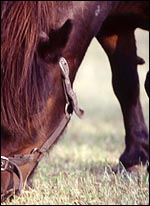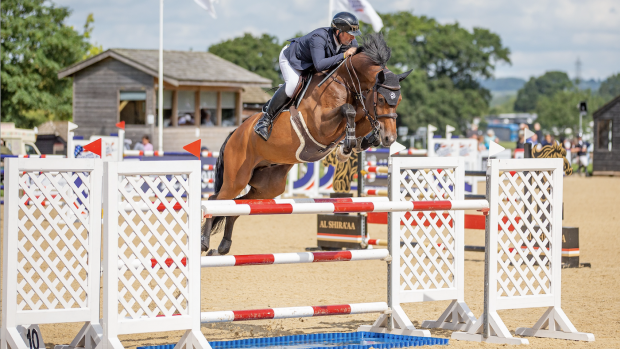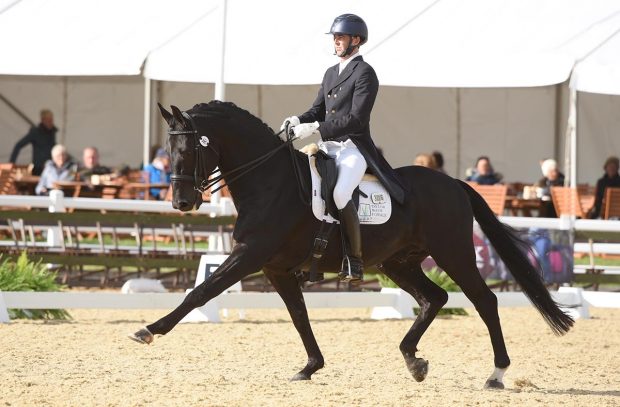A new interpretation of EU legislation could spell disaster for Britain’s native ponies, as breed societies will be forced to register any foal born of pedigree parents, rather than being selective with their studbooks.
The decision is sparking fears of indiscriminate breeding, a major issue within the British equine industry currently being tackled by the National Equine Welfare Council.
According to a DEFRA spokesman, the interpretation of Commission Decision 96/78 was made following a number of complaints sent to the European Commission about unfair practices. It centres on creating freedom of choice among breeders — rather than what studbooks dictate. DEFRA says that it did attempt to have the legislation reviewed but found no support for Britain from the other EU member states.
The spokesman explained that the ruling is a “general principle about entries in studbooks”, so includes native British cattle, sheep, pigs and other farm animals, as well as other horse and breed societies.
The Scottish Environment and Rural Affairs Department (SERAD) has already rolled this out to societies in Scotland and DEFRA is poised to enforce the interpretation in England. The Welsh Assembly has no plans to issue a letter at this stage but says it is in “constant touch” with breed societies on the matter.
Breed societies have, until now, held inspections for stallions and sometimes mares in order to maintain quality and type within the breed and reduce genetic faults. The horse or pony is assessed to ensure that it conforms to type and, if deemed suitable, goes forward for veterinary inspection. Only after it was certified would the animal be registered on the studbook — and acceptable for breeding.
The Shetland Pony Society (SPS) has already scrapped its stallion inspections in response to the new interpretation of Commission Decision 96/78 and it fears that indiscriminate breeding will drastically reduce the standard of Britain’s native ponies and cause massive welfare issues.
“Our directors had to act [despite] concerns that quality may go down and that the marketplace could be flooded — particularly with some of the smaller native ponies with lower values,” said Elaine Ward, secretary of the SPS. “Some members are quite happy that they can now choose which stallion they use, the idea being that the marketplace can decide, but others feel that breed quality will go down.”
There are also other welfare considerations. For example, until last month a Shetland mare had to be at least 33 months old when she foaled in order for the SPS to register the progeny. But because of the EU law, this rule has now had to be scrapped.
Although the SPS has abolished its stallion assessment scheme, it has introduced a voluntary veterinary examination scheme following advice from SERAD.
“[Societies] can subdivide the main section [of the studbook] into several classes for registration according to the animal’s merits,” said a spokesman for SERAD. “We’ve taken legal advice that supports this interpretation.”
|
||
 |
||


 Get up to 19 issues FREE
Get up to 19 issues FREE TO SUBSCRIBE
TO SUBSCRIBE 


